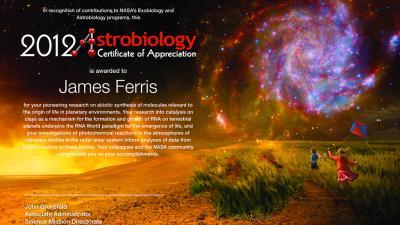Rensselaer Professor Georges Belfort Named to Scientific Advisory Board of Max Planck Institute, Elected Member of Institute of Bologna Academy of Sciences
Georges Belfort visited Germany and Italy last month as part of two prestigious honors from elite European scientific societies.








